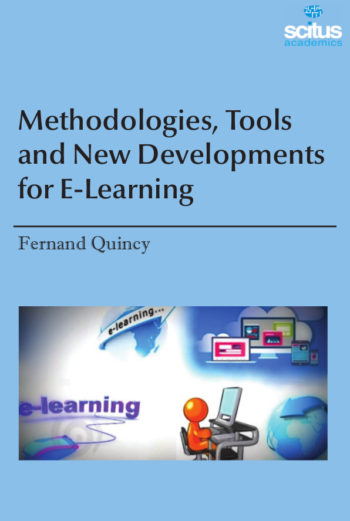Good information and records management is expected to endorse organizational effectiveness. Despite established management regimes and available technology, many organizations still consider information and records management challenging. Therefore, the way they handle the information that is generated during this interaction is of crucial importance to the efficient service delivery, safeguarding the rights of the citizens that they serve and for sustaining the open governance structure that promotes the principles of accountability and transparency. Information culture affects the way public information/records are managed. Though investments are being made in information systems to facilitate the capture and management of information/records, the people issues are equally as crucial.
Records Management and Information Culture covers a wide range of issues pertaining to student records management, aims to explore the academic discourse on information culture and to discuss its relevance for records management. These circumstances are now widely recognized and the drivers behind development of standards, models, best practices and other tools for achieving efficient and trustworthy records management regimes. Electronic records management has become an essential business activity and an element of compliance with regulation in many countries. In academic institutions, students and academics are increasingly creating and accessing electronic documents, course materials, on-line assessments, e-mails and research databases. This book will help any law firm create and maintain an effective and well-organized records management program, including administration and storage of client files and administrative records in all types of media.
Covered contributions from world-wide authors and specialists enhance the theoretical and practical perspectives. This book is essential reading for scholars and students interested in records management and good governance around the world.













